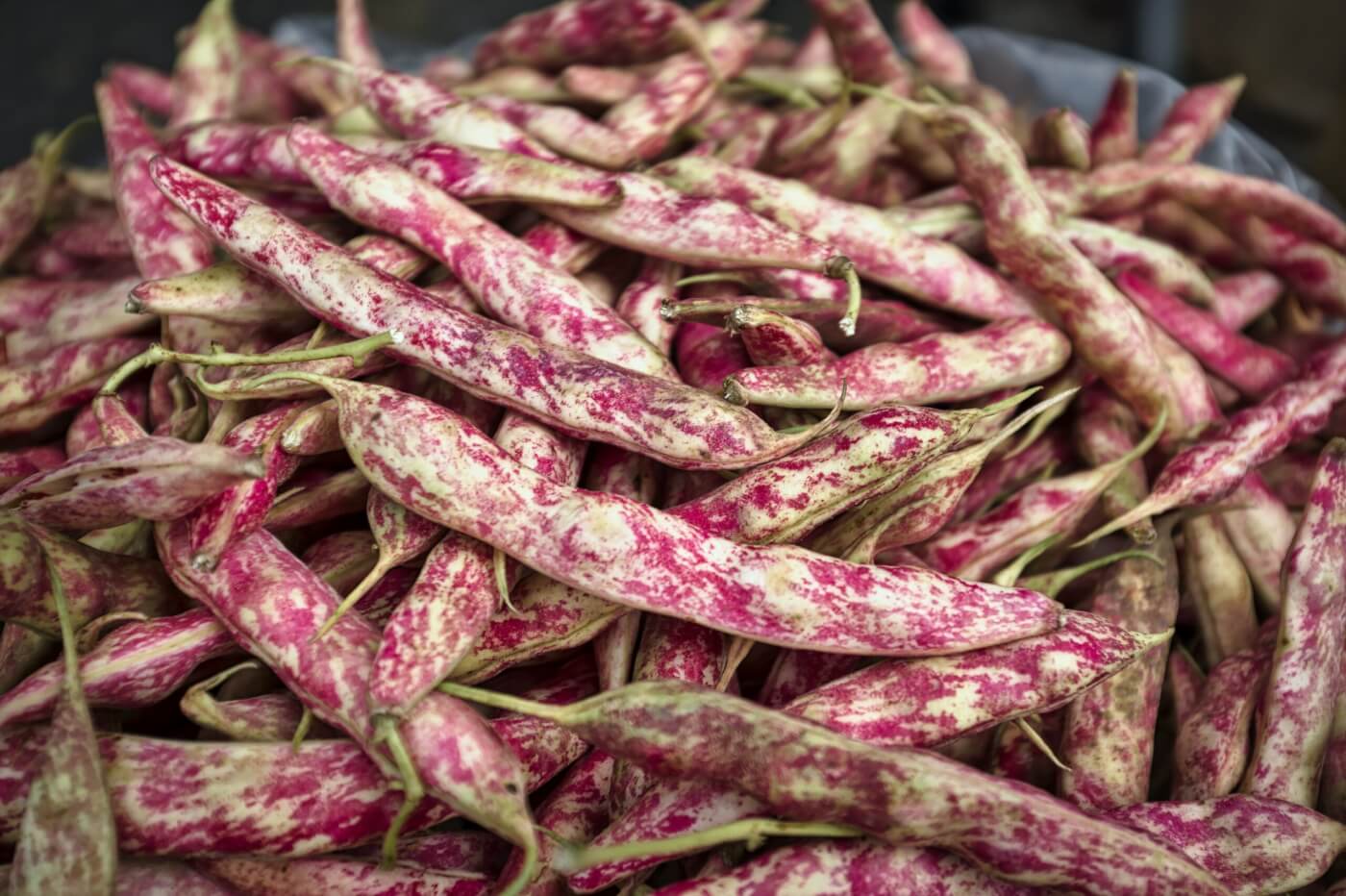In light of the new COVID-19 restrictions in place across much of the country, many of us are now staying home again to help keep our communities safe during the pandemic. And there’s another straightforward – and very rewarding – way to help change the world for the better from the comfort of your own home: going vegan. Why, you ask? It’s simple:
1. You’ll save lives.
Chickens, cows, pigs, sheep, fish, and other animals on farms have feelings, thoughts, and personalities. Yet the meat, egg, dairy, and fishing industries subject them to claustrophobic conditions, immense suffering, and violent slaughter.
These animals never get to raise their families, root around in the soil, build nests, swim vast distances, or do anything else that is natural and important to them.
These industries are a nightmare for animals, who are treated like a collection of body parts rather than sentient individuals. But we hold immense power to end their misery. Every vegan saves nearly 200 animals per year.
And there’s more good news: it’s so easy! Take our vegan pledge this November – World Vegan Month – to get started.
2. You’ll help prevent future pandemics.
Experts believe the COVID-19 outbreak originated in a “wet market” in Wuhan, China, where humans had direct contact with live animals and dead animal flesh. And like wet markets, squalid abattoirs and meat factories are known to be hotbeds for disease.
According to Public Health England, “Many (60 to 80% [of]) emerging infections are derived from an animal source.” Filthy factory farms, abattoirs, and meat markets threaten the health of every human being on the planet by providing a breeding ground for deadly pathogens like the ones behind COVID-19, SARS, bird flu, and more.
On farms in the UK, stressed animals are crammed into cages or sheds by the thousands and pumped full of antibiotics to keep them alive in filthy conditions that would otherwise kill them. As pathogens flourish in such environments, we’re leaving ourselves vulnerable to further catastrophic disease outbreaks and pandemics.
Humans’ mistreatment of other animals is harming not only them but also us. We can reduce the chances of another pandemic and the tragedy that would come with it by putting plants, not animals, on our plates.
3. You’ll be taking care of the planet.
Animal agriculture is killing our planet. It’s responsible for a greater proportion of greenhouse-gas emissions than all forms of transportation combined, according to the United Nations.
The UN also states that raising animals for food is “one of the top two or three most significant contributors to the most serious environmental problems, at every scale from local to global”. The situation is so dire that the UN is calling for urgent and unprecedented changes now, including to our diet, to limit the catastrophic damage caused by climate change.
Scientists agree that all plant-based foods have a smaller carbon footprint than their animal-derived equivalents, so the easiest way to slow down climate change immediately is to go vegan.
4. Vegan foods are better for your health.
Eating processed meat increases our chances of developing cancer, and research suggests that consuming animals’ flesh, milk, and eggs could be as detrimental to our health as smoking.
On average, vegans are slimmer, trimmer, and healthier than meat-eaters are. Their risk of suffering from some of today’s biggest killers, such as heart disease, diabetes, cancer, and strokes is much lower and their life expectancy is higher. Other animals aren’t the only ones who benefit when we eat vegan – we do, too.
5. You’ll help protect human rights.
While the animals exploited in the meat industry are tormented and butchered, humans in that bloody environment are suffering, too.
Working in an abattoir has been linked to various mental health problems. Records show that many workers grapple with suicidal thoughts and depression. It’s no surprise that this kind of work takes a mental toll – the animals workers are killing are, after all, terrified and fighting for their lives in the same way the cats and dogs with whom we share our homes would.
As one man who works in a pig abattoir put it to The Guardian, “Pigs down on the kill floor have come up and nuzzled me like a puppy. Two minutes later I had to kill them – beat them to death with a pipe.”
Animal rights and human rights go hand in hand. We make a positive impact on both when we choose to be vegan.
6. You’ll help end world hunger.
We produce enough calories globally to feed 10 to 11 billion people, but much of this food is given to animals on farms, not humans in need. Researchers at the University of Minnesota’s Institute on the Environment determined that 36% of the calories in crops are fed to farmed animals. They also reported that growing crops for direct human consumption increases available food calories by up to 70% and that the newly freed-up crops would be enough to feed an additional 4 billion people.

Every day, millions of people are going hungry while crops that they could eat are instead being used to fatten animals for meat. When we consume meat, countless individuals are caught in the crossfire. Together, we can create a more just world.
7. Vegan foods are a treat for the taste buds.
From vegan cheeses to meats to mayo, there’s a world of flavour out there waiting to be discovered. When you go vegan, you’ll get to know all sorts of new flavours and delights across all your favourite cuisines. You can either whip something up yourself – by diving into some of our favourite recipes – or choose from the array of takeaway options available.
Not sure where to start? We’ve got you covered. With our guide to vegan deliveries, staying in just reached a whole new level of satisfying:
What Are You Waiting For?
There’s no doubt about it: 2020 has been a time for reflection – a pivotal point in our history when we must learn from past mistakes and commit to creating a better future.
Going vegan is the single best thing we can do as individuals to tackle some of the biggest threats to our world. Let’s do it!

No comments:
Post a Comment